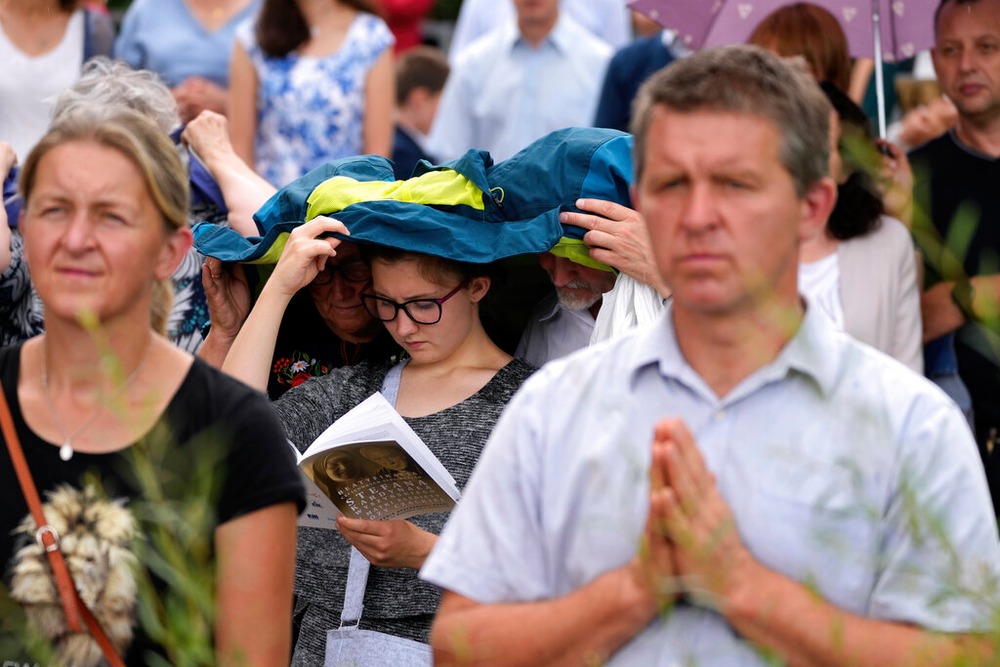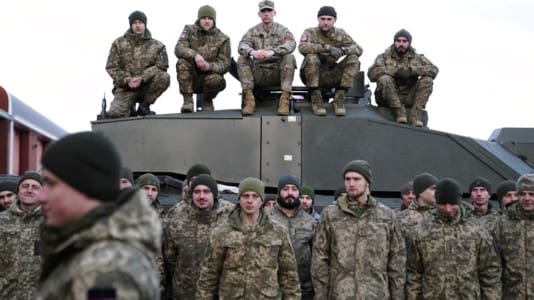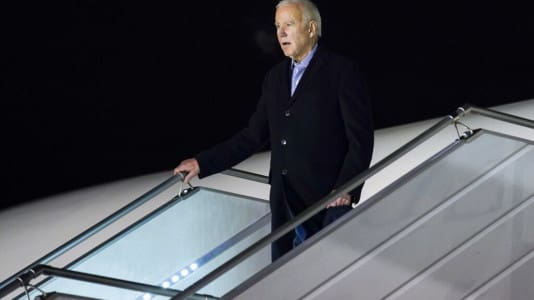In the face of a cultural war, which at its deepest level is really a spiritual battle, Catholics often ask: What should we do? In response, they usually hear from their spiritual leaders: Above all, pray. However, some consider such words to be an elusive answer. After all, what can prayer do?
Recently, in the Anglo-Saxon world, two high-profile events have led us to look at the role and significance of prayer somewhat differently.
In the U.K., a pro-life activist and the main organizer of the March for Life, Isabel Vaughan-Spruce, and a Catholic priest from the Diocese of Birmingham, Fr. Sean Gough, stood trial for the mere act of silently praying near abortion clinics.
Over in the United States, a confidential FBI document was leaked to the public. Its authors recommended that federal agents infiltrate Catholic communities that participate in Latin Masses, pray the rosary, and pray near abortion clinics.
In both cases, what put Catholics in the crosshairs was prayer.
If prayer was truly insignificant, no one would care about it, and those who pray would be dismissed as harmless lunatics. However, state control and coercion have popped up in reference to prayer precisely because it is considered dangerous.
Is this not sufficient motivation to pray even more?






